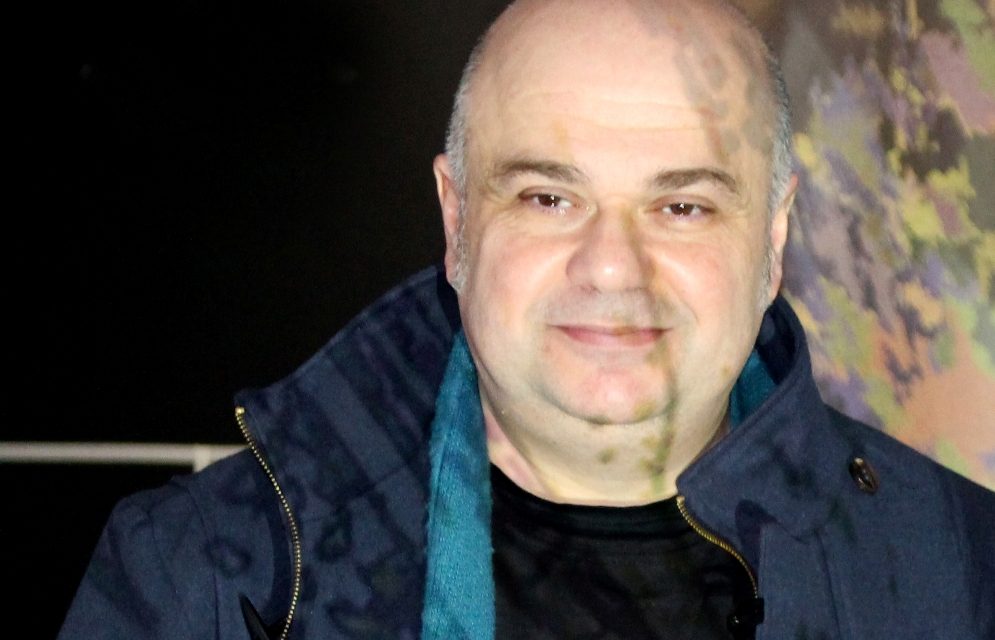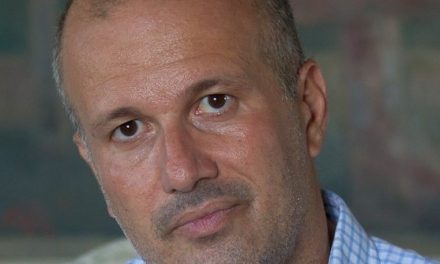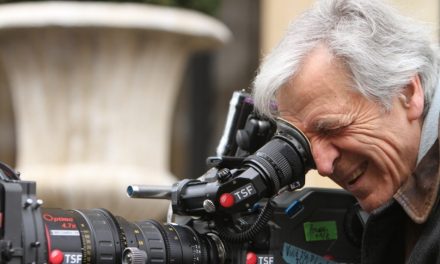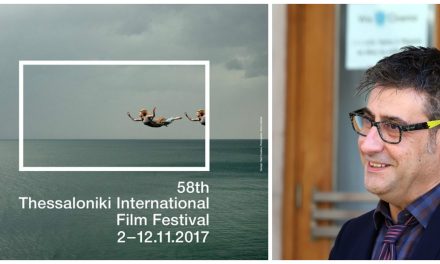The annual London Greek Film Festival 2019 (15-18 May) will take place for the 12th consecutive year. Aiming to act as the European meeting point for the Greek film industry and to attract filmmakers from around the world with Greek themed works, the Festival programme includes shorts and feature films, including “Pause” by Cypriot film maker Tonia Mishialis. This year Festival comes on the heels of the 2nd Cosmocinema Film Festival (12-14 May) dedicated to foreign productions that took place in collaboration with the international London Greek Film Festival.The Odysseus and Cosmocinema Awards event will take place on Saturday, 18 May at 9pm at Theatro Technis (26 Crowndale Road, London NW1 1TT), in Camden Town, which will also host the screenings.
On the occasion of the 12th London Greek Film Festival, Greek News Agenda interviewed its director Christos Prosylis, who is a film & theatre director, actor, performer, poet and philosopher. He has studied theatre at the University of Athens, as well as acting and film directing. He holds a Master’s degree in Digital Arts from the Athens School of Fine Arts, National Technical University of Athens. Prosylis is an expert in the new Technologies in Directing in films, theatre and the performing arts. Prosylis is the founder of the Acting Code advanced acting and directing technique [Grand Master]. He is also the founder and Director of the London Greek Film Festival, Cosmocinema Festival, as well as of Cosmocinema and Cosmotheatre theatre research group, in London, UK.
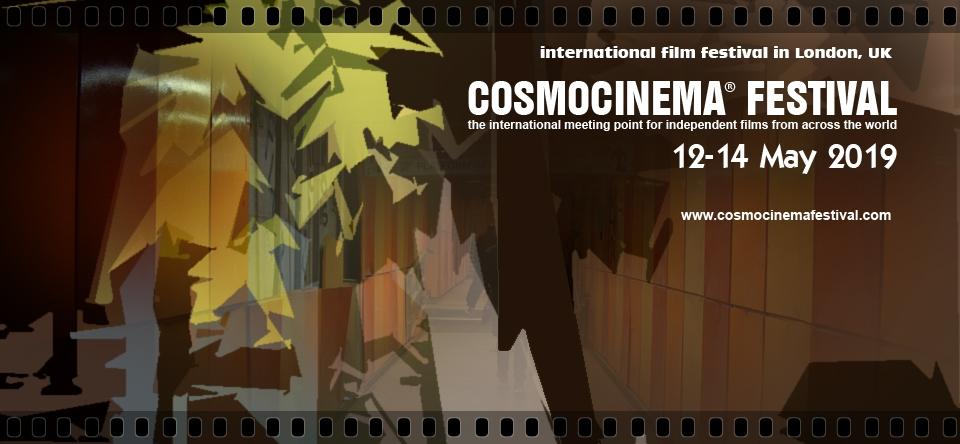 You are the founder of the Festival. What prompted you to establish a Greek Film Festival in London?
You are the founder of the Festival. What prompted you to establish a Greek Film Festival in London?
As I was already in London for academic and artistic reasons in the middle of the last decade, I discovered that we didn’t have a proper Greek film festival in the British capital. That was a problem for Greek filmmakers – and not only Greek filmmakers in London but around the world – i.e., not having access to the cinema network in the British metropolis. It was a big step initiating such a project and we started from scratch, but with a lot of work we managed to establish it as the “international meeting point for Greek films from across the world”.
What are the criteria for your selection and programming?
All works – whether films or screenplays – by Greek, Greek-Cypriot and Diaspora Greek filmmakers, artists, writers or producers from around the world with works related to Greece in terms of subject, location, people, myths, history, modern Greek life style etc are accepted. We apply international artistic and technical standards in the selection process and all selected works compete for the Cosmocinema and Odysseus Awards.
What is the Festival audience?
We have an audience consisting of different nationalities, as would be the case in a multicultural city like London.
What is the impact of the Festival in the community?
The festival obviously connects Greek cinema from around the world with the local multicultural and Greek community. This is a strong connection, offering innovative aesthetic approaches by Greek and international filmmakers.
Do you assist filmmakers coming into contact with representatives of the film industry?
We offer the Odysseus Awards and Cosmocinema Awards at the festival, where all selected works compete for the awards, whether films or screenplays. The festival has a really good reputation in the global film industry, a strong network and excellent independent professional character and philosophy. All these are very helpful in connecting filmmakers with the film industry. We also recently established the International Cosmocinema Festival, under the umbrella of the London Greek Film Festival, to reinforce the connection between the Greek and international film industry.
 How do you feel about contemporary Greek cinema?
How do you feel about contemporary Greek cinema?
I feel that contemporary Greek cinema is mapping its way in the new digital era, global filmmaking creativity and industry. I have very positive feelings in this respect and I believe that Greek cinema will offer excellent works in the coming years. We have many talented artists in the field.
How has the crisis influenced the way the British think of Greece and what is the influence of Greek cinema, if any?
The affects of the crisis have been obvious and far reaching globally, changing the way Greece is being viewed by people around the world. The Greek people are fighters in their daily life, resourceful and creative. The crisis has obviously greatly influenced Greek cinema, not only in its subject-matter but also in terms of production process and creative work. It has also steered Greek cinema towards a more open and global outlook, which is very positive turn. New incentives for filming in Greece are also set to help the local film industry. I am very positive about the future of Greek cinema.
* Interview by Florentia Kiortsi

